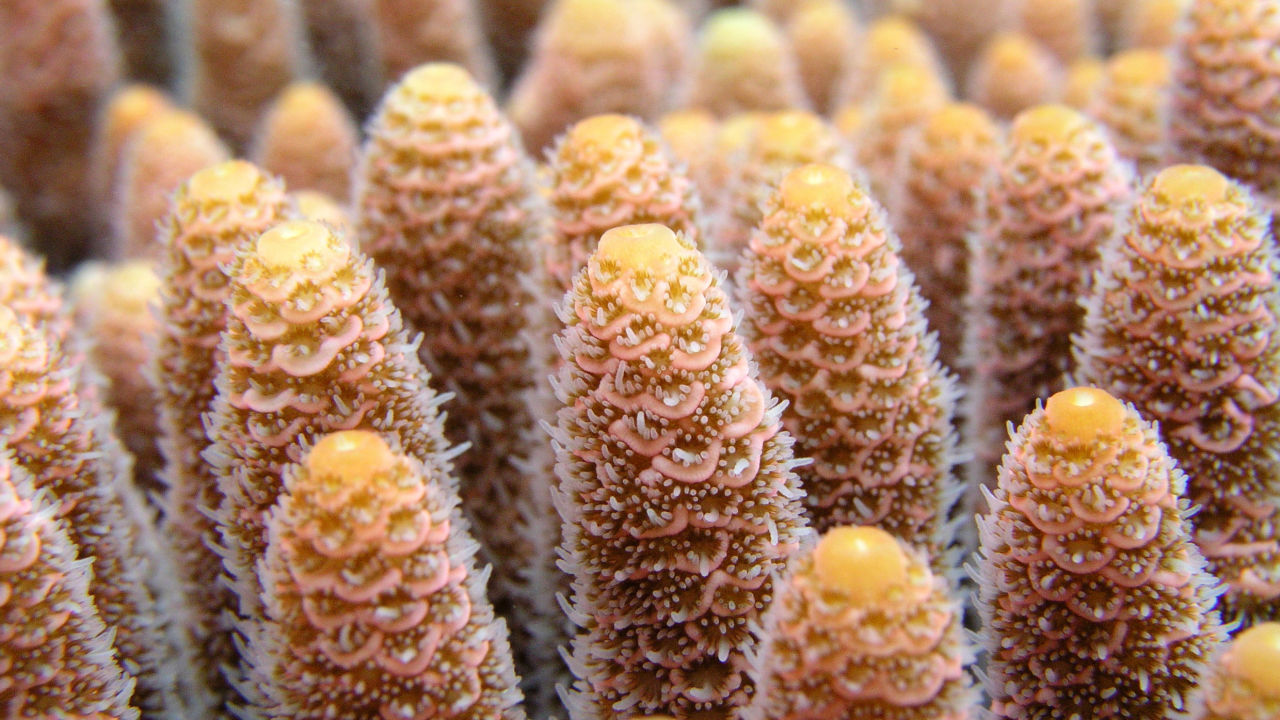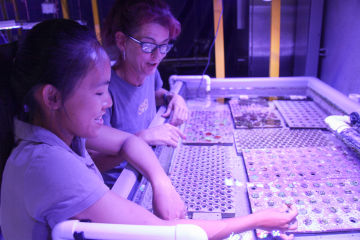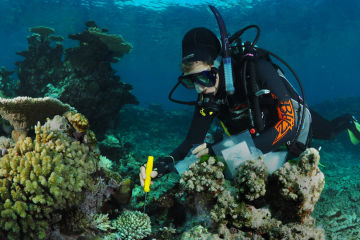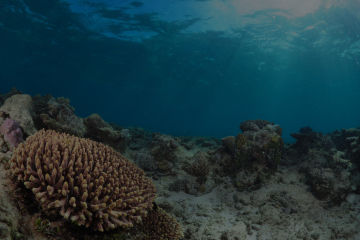Media Release ·
New technologies can help preserve coral reefs

Developing new and innovative techniques for reef restoration and adaptation that combine innovative science, technology, and engineering and complement the best on-ground action will give us the best chance of securing a future for the Great Barrier Reef
A collective of scientists and reef managers says new technological interventions are needed to save coral reefs under climate change.
Interventions include helping the establishment and growth of corals that are more likely to survive warmer waters on the Great Barrier Reef.
Climate change has now gathered such momentum that even if global warming was limited to 1.5oC, the Reef will continue to be damaged from coral bleaching.
Australian Institute of Marine Science (AIMS) Research Scientist Dr Ken Anthony
“The problem is urgent and we need to find the right balance between playing it safe and working fast enough before we lose more of the Reef,” Dr Anthony said.
“Climate change will change coral reefs, but if we can preserve coral species that provide critical habitat for fish and other species then we might help sustain their ecological, tourism and fisheries value.”
Dr Anthony is the lead author in an article published by Nature Ecology & Evolution which outlines a range of new reef restoration and adaptation technologies to help protect reefs around the world in a time of climate change.
The article was co-authored by 18 scientists and reef managers from organisations including: AIMS, the Great Barrier Reef Marine Park Authority, Queensland University of Technology, Australian National University, Southern Cross University, University of Queensland, Great Barrier Reef Foundation and the National Oceanic and Atmospheric Administration.
One of the technologies it discusses is assisted gene flow which may involve the relocation of corals from warmer to cooler reefs.
Another approach involves enhancing the ability of corals to cope with climate change through selective breeding using techniques commonly used in agriculture.
Researchers stress that exploring these technologies needs to go hand in hand with continuing and potentially increasing efforts in conventional management.
Climate change mitigation, continued regional management of water quality and controlling crown-of-thorns starfish are all essential.
Great Barrier Reef Marine Park Authority Chairman Russell Reichelt said new ways to manage coral reefs were needed in light of changes to coral condition and future climate projections.
“After mass bleaching and cumulative impacts on the Great Barrier Reef, it’s important to develop resilience initiatives and new ways to manage and protect coral reefs,” he said.
“This was the focus of discussions at our Reef Summit with 70 national and international experts earlier this year, and we welcome new information to inform this approach to reef management.”
Reefs can recover from moderate bleaching - this is happening in many parts of the Great Barrier Reef; however we’re expecting more severe bleaching events in the future which is why we need to support restoration and adaptation programs.
“We're excited to work alongside the best and brightest minds in marine science who are leading this new way of thinking,” Great Barrier Reef Foundation Managing Director Anna Marsden said.
“Developing new and innovative techniques for reef restoration and adaptation that combine innovative science, technology, and engineering and complement the best on-ground action will give us the best chance of securing a future for the Great Barrier Reef and corals reefs globally.”
AIMS CEO Paul Hardisty says action is urgent.
“This is not only an Australian challenge, but a global one. Reefs around the world are in trouble. We are looking for ways to help restore them when they have been damaged, and to help make them stronger and better able to survive the changes that are coming.
“This is uncharted territory, and top quality scientific research is needed to guide the way.”

Researchers Wing Chan and Leesa Pelow observe corals 1-year old coral purebreds and hybrids growing at the AIMS’s National Sea Simulator

A research diver investigates a single coral colony at Rib Reef on the Great Barrier Reef

A coral colony at Feather Reef on the Great Barrier Reef




